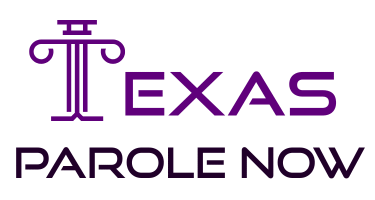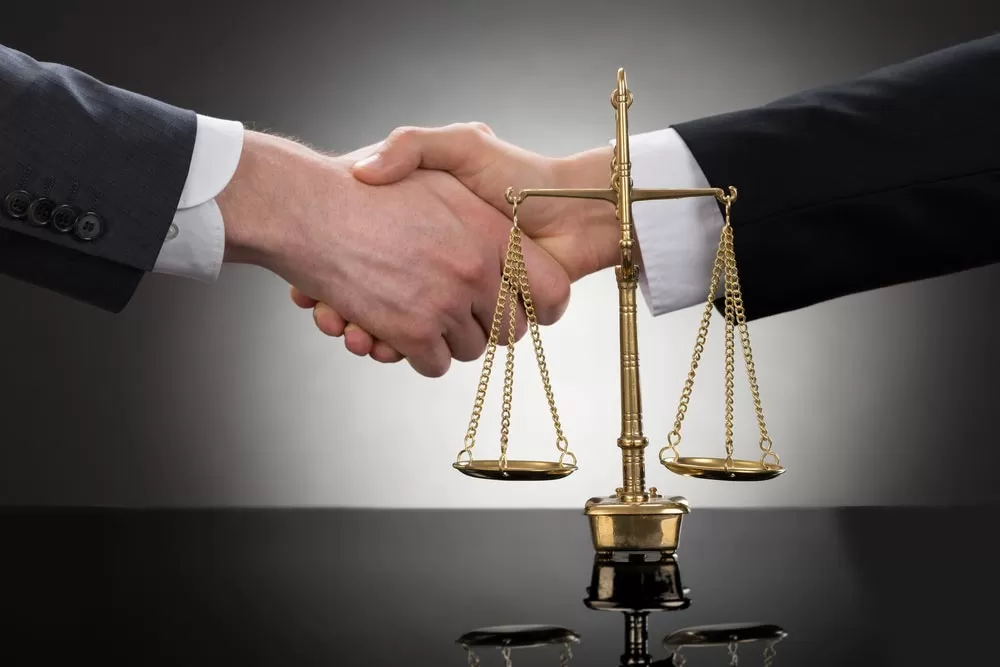Running a business comes with countless responsibilities, but it also grants you specific legal protections. Business owners in California and Arizona face unique challenges when dealing with debt collection, creditor disputes, and financial obligations. Understanding your rights can mean the difference between successfully navigating these challenges and facing unnecessary legal consequences.
Many business owners operate under misconceptions about what creditors can and cannot do. They may feel powerless when facing aggressive collection tactics or unclear about their options during financial difficulties. The reality is that federal and state laws provide substantial protections for business owners, even when dealing with legitimate debts.
This comprehensive guide explores your fundamental rights as a business owner, particularly regarding debt collection and creditor interactions. Whether you’re a small startup or an established company, knowing these rights helps you make informed decisions and protect your business interests.
Key Takeaways
Before diving into the specifics, here are the essential rights every business owner should understand:
- Right to written verification of any debt claimed against your business
- Protection from harassment and abusive collection practices
- Right to dispute inaccurate or invalid claims
- Protection of exempt assets under state and federal laws
- Right to legal representation throughout the collection process
- Due process rights before any judgment enforcement actions
Overview of Debt Collection Laws and Regulations
Debt collection is a highly regulated industry, with various laws and regulations in place to protect both consumers and businesses. As a business owner, it is important to have a basic understanding of these laws and regulations to ensure that your rights are protected during the debt collection process.
Federal Regulations
The FDCPA establishes fundamental rules about how debt collectors can contact you, what information they must provide, and what practices are prohibited.
While traditionally focused on consumer protection, courts have sometimes applied these principles to business collections, particularly for small businesses operating as sole proprietorships.
Rights When Facing Debt Collectors
Understanding your specific rights during debt collection can protect your business from unfair practices and help you respond appropriately to legitimate claims.
Right to Debt Validation
When a collector first contacts your business, they must provide written notice within five days containing:
- The amount of the debt
- The name of the original creditor
- A statement of your right to dispute the debt
- Information about requesting validation
You have 30 days from receiving this notice to request debt validation in writing. During this period, collection activities must cease until proper validation is provided.
Protection from Harassment
Collectors cannot engage in harassing, oppressive, or abusive conduct. This includes:
- Calling repeatedly or at unreasonable hours
- Using threatening or profane language
- Contacting you after being told to stop
- Discussing your debt with unauthorized third parties
- Making false threats about legal action
Right to Dispute
You have the absolute right to dispute any debt you believe is inaccurate, invalid, or not owed.
This dispute must be made in writing within 30 days of the initial contact. Once disputed, the collector must investigate and provide proof of the debt’s validity.
Communication Controls
You can control how and when collectors contact you. Written requests can:
- Limit communication to specific times and methods
- Direct all communication through your attorney
- Stop contact entirely (though this doesn’t eliminate the debt)
Understanding Judgment Enforcement
If a creditor obtains a judgment against your business, they gain additional collection powers. However, you still maintain important rights throughout the enforcement process.
Pre-Judgment Rights
Before any court judgment, creditors must follow proper legal procedures:
- Proper service of legal documents
- Adequate time to respond to lawsuits
- Right to defend against claims in court
- Right to challenge the creditor’s evidence
Post-Judgment Protections
Even after a judgment, California and Arizona provide protections for business owners:
Exempt Property
Certain business assets cannot be seized, including:
- Tools and equipment necessary for your trade (up to statutory limits)
- Inventory essential for ongoing operations
- Some business vehicles and equipment
Due Process Requirements
Creditors must follow specific legal procedures before seizing assets:
- Proper notice before bank account levies
- Court approval for certain types of seizures
- Right to claim exemptions for protected property
Installment Payment Options
Courts may allow payment plans for judgments, particularly if immediate payment would cause undue hardship or prevent you from earning income to pay the debt.
Asset Protection Strategies
Business owners can take proactive steps to protect assets:
- Proper business entity formation (LLC, corporation)
- Separation of business and personal assets
- Strategic use of exempt property categories
- Professional consultation with creditors’ rights attorneys
Working with experienced legal counsel like Kluewer Law or a local firm can help you navigate complex judgment enforcement proceedings and ensure your rights are fully protected.
Frequently Asked Questions
Q: Can debt collectors contact my customers or suppliers?
A: Generally, collectors cannot discuss your debt with third parties, including customers or suppliers. They may contact them only to locate you or verify employment, and even then, they cannot reveal the nature of their business or that you owe a debt.
Q: What happens if I can’t pay a business debt?
A: You have several options, including negotiating payment plans, settling for less than the full amount, or exploring bankruptcy protections. The key is addressing the situation proactively rather than ignoring it.
Q: Can creditors take my business equipment?
A: Some business equipment may be exempt from seizure, particularly tools and equipment necessary for your trade. The specific exemptions vary by state and the type of business you operate.
Q: Do I need an attorney for debt collection issues?
A: While not required, having experienced legal representation significantly improves your outcomes. An attorney can ensure your rights are protected, negotiate with creditors, and develop strategies to minimize the impact on your business.
Q: What’s the difference between secured and unsecured business debts?
A: Secured debts are backed by specific collateral (like equipment loans), while unsecured debts are not. Secured creditors have additional rights to repossess collateral, but you still have protections regarding proper notice and procedures.
Protecting Your Business and Your Future
Understanding your rights as a business owner provides the foundation for making informed decisions during challenging financial times. These rights exist to ensure fair treatment and due process, even when you legitimately owe money to creditors.
The most important step you can take is seeking professional guidance when facing debt collection or creditor issues. Experienced creditors’ rights attorneys understand the nuances of state and federal laws and can help you navigate these complex situations while protecting your business interests.
Remember that having rights means nothing if you don’t exercise them properly and timely manner. Document all communications with collectors, respond to legal notices promptly, and don’t hesitate to seek legal counsel when facing aggressive collection tactics or judgment enforcement actions.
Your business represents years of hard work and investment. By understanding and exercising your rights, you can protect that investment and position your company for future success, even during temporary financial difficulties.
You May Also Like: Effective Strategies for Resolving Complex Business Disputes Today

